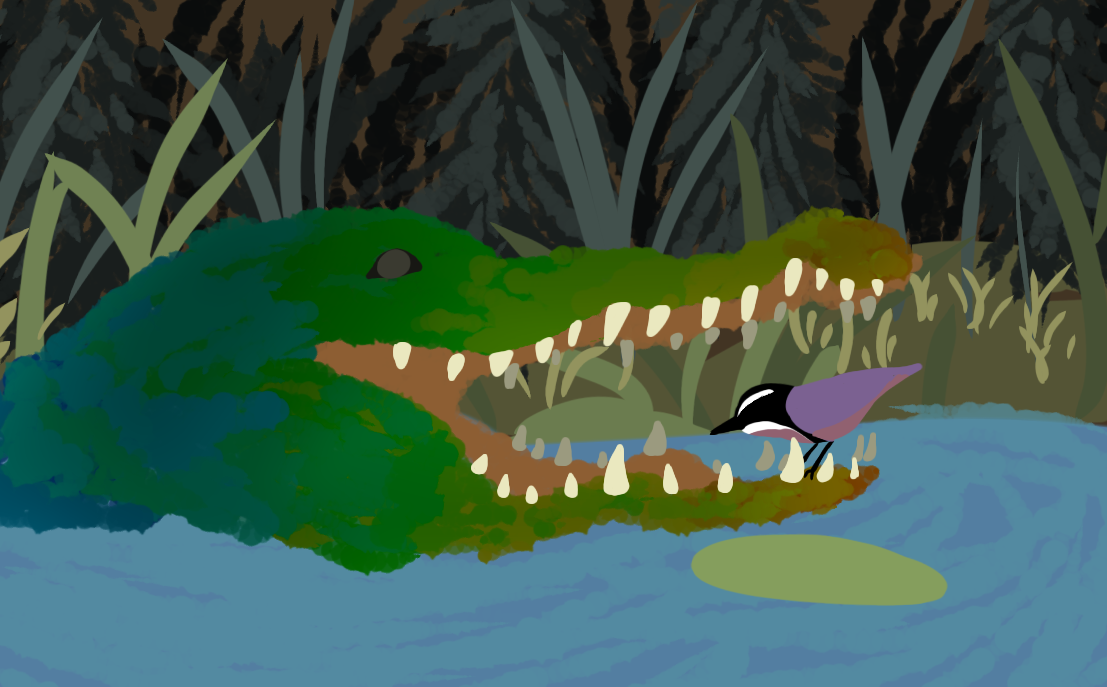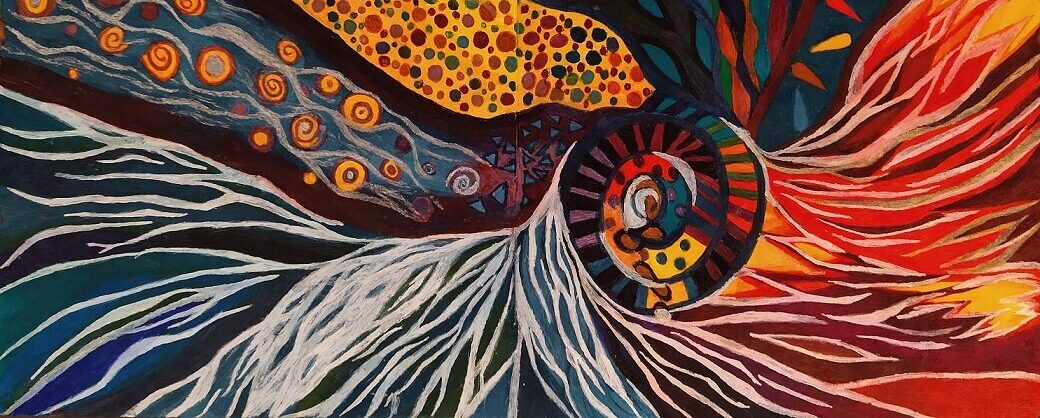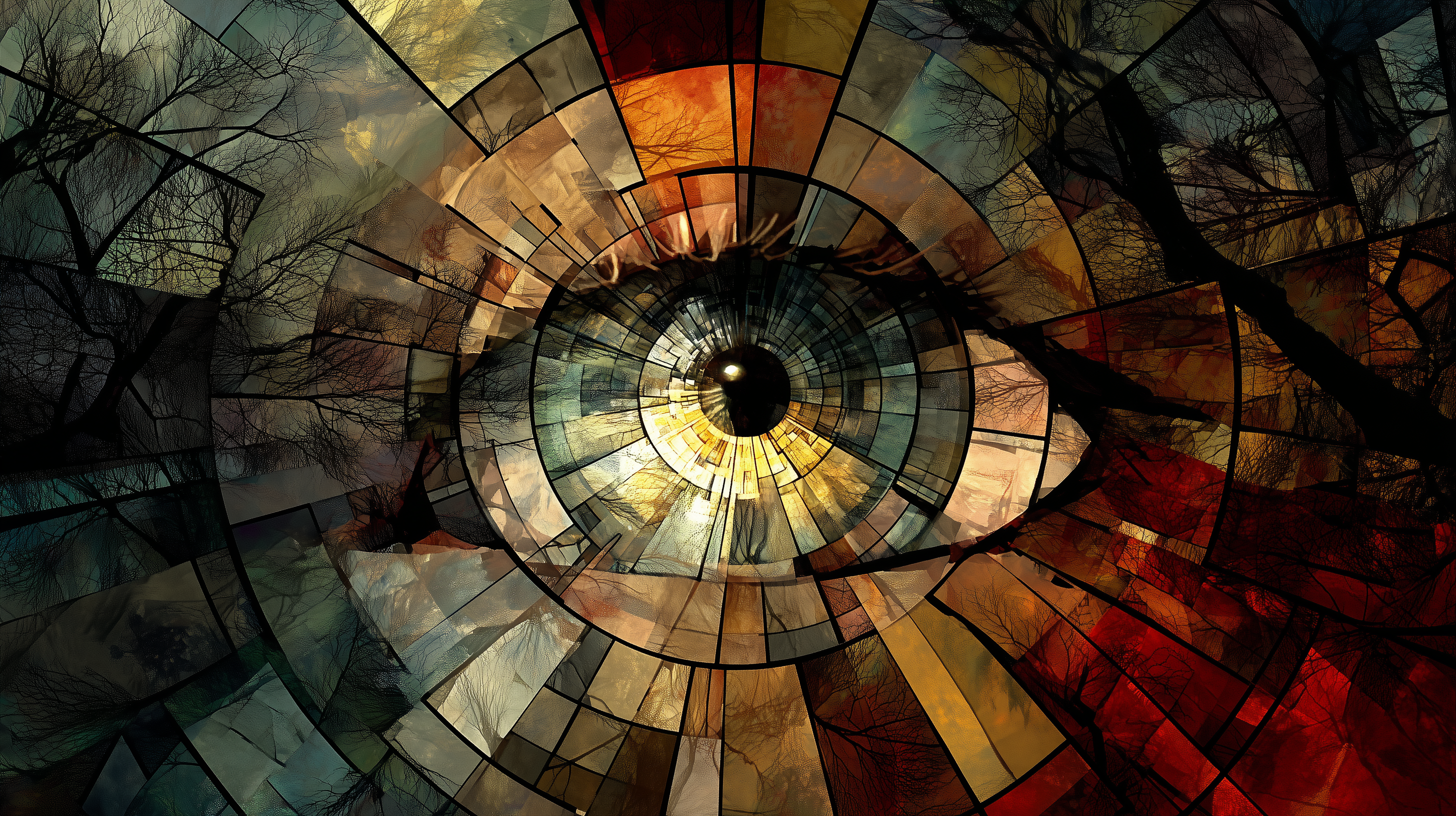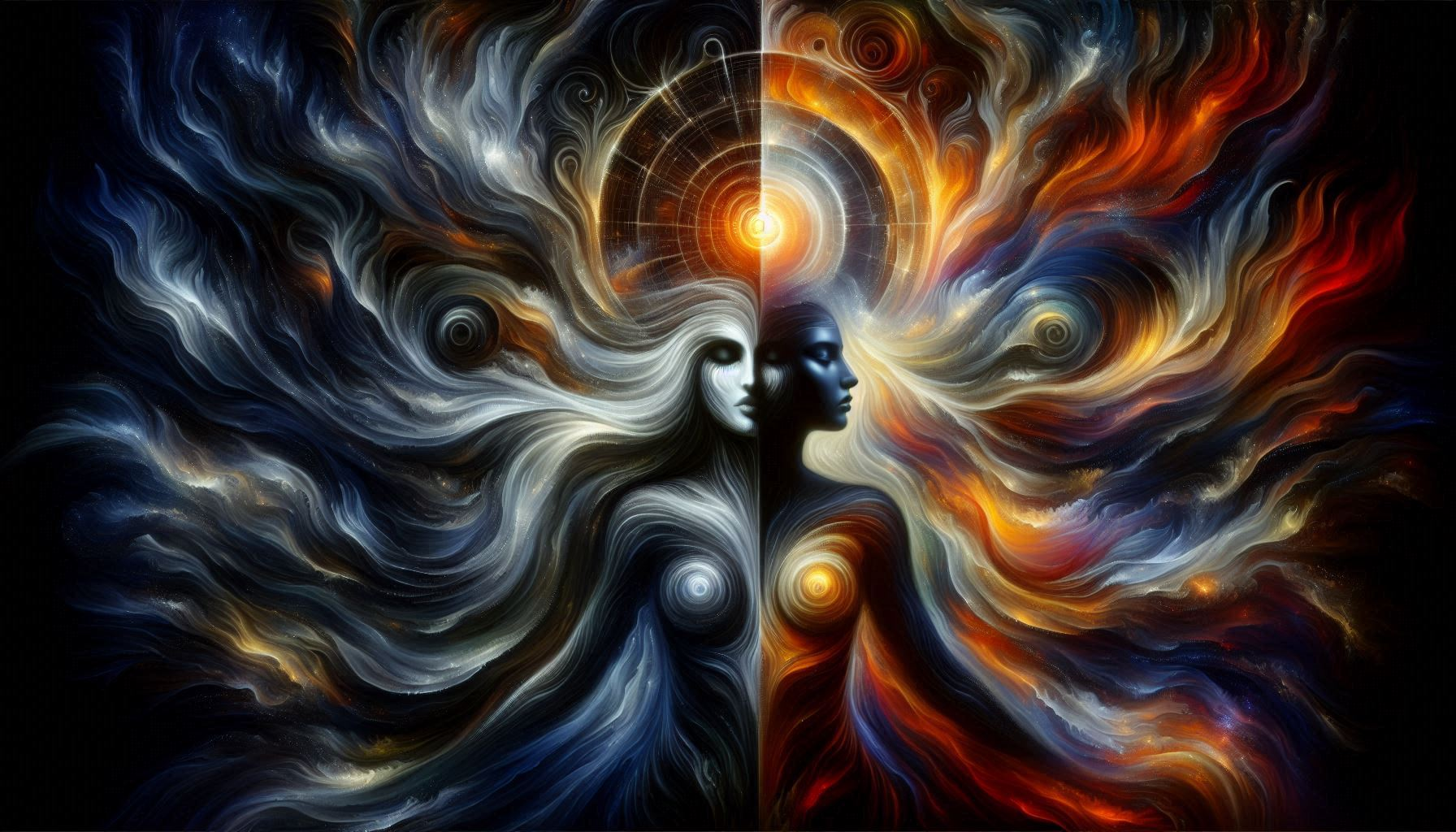What do I mean by that? One of my favorite questions about the model came as such an obvious one that had not even occurred to me. It was pointed out by a colleague who asked, “how are you supposed to trust?” This question sent me down a rabbit hole, that in the end, would profoundly change the way I perceived the world. How do we trust? Who do we trust? What does trust even mean?
I started with the easiest – at least I thought it would be easy. If you type in “trust” in google – the first definition that pops up in my search is from Merriam-Webster and is as follows:
trust
ˈtrəst
Definition of trust
(Entry 1 of 2)
1a: assured reliance on the character, ability, strength, or truth of someone or something
b: one in which confidence is placed
2a: dependence on something future or contingent : HOPE
b: reliance on future payment for property (such as merchandise) delivered: CREDIT bought furniture on trust
3a: a property interest held by one person for the benefit of another
b: a combination of firms or corporations formed by a legal agreement especially: one that reduces or threatens to reduce competition
4a: CARE, CUSTODY the child committed to her trust
b (1): a charge or duty imposed in faith or confidence or as a condition of some relationship
(2): something committed or entrusted to one to be used or cared for in the interest of another
c: responsible charge or office
5archaic: TRUSTWORTHINESS
in trust
: in the care or possession of a trustee
trust
trusted; trusting; trusts
Definition of trust (Entry 2 of 2)
1a: to rely on the truthfulness or accuracy of: BELIEVE trust a rumor
b: to place confidence in: rely on a friend you can trust
c: to hope or expect confidently trusts that the problem will be resolved soon
2a: to commit or place in one’s care or keeping: ENTRUST
b: to permit to stay or go or to do something without fear or misgiving
3: to extend credit to
1a: to place confidence : DEPEND trust in God trust to luck
b: to be confident: HOPE
2: to sell or deliver on credit
So – Reliance, Confidence, Trustworthiness, Entrust, Believe, Depend, and Hope….
Hmm…. That’s a lot to put onto one person for anything! The truth is that our idea of “Trust” in a relationship dictates that someone must be infallible, perfect, inhuman. So we reach for this ideological impossibility because it motivates us to live as full and rich of a life as we are able – because if we are trustworthy, then we will be loved – or if someone is to be allowed into my “circle of trust,” you must show me that YOU are trustworthy….and I’m not going to tell you what it is I trust in you – I’ll make you guess even though it could be infinite possible attributes.
It is almost like we’re setting ourselves up for failure. Instead, I would love to change this narrative because it does not work for us. As a therapist, I often tell my clients this:
“I will never tell you; you can trust me, because the truth is you can’t trust me. Not in the way that we define trust. The way we define it implies that I will never hurt or disappoint you. I cannot promise that because I do not know what you perceive as “painful” or “disappointing”. I only know a sliver of your life from the snapshot you have been willing to show me. It would take me the rest of my life to see every thought you had in one day. The only person that has access to that information is you. Everyone else only has a sliver of what’s inside of you – the rest is based on what I suppose or assume about you – from my own context…. which in and of itself has its own vast number of associations…associations that you may not understand or recognize (and vice versa with you).
As an example, let’s take a simple word… like good. Someone asks us, “How are you?” and we respond with “good,.” What do we mean? What does “I’m good,” mean? How can I possibly know all the things that you have experienced that you associate with the word good? How can you possibly know what I associate with the word good? Unless I tell you explicitly – you will never really know. Even if I tried to explain my experience to you, you will never feel my experience because my neuronal synapses fire differently than yours. The best we can do is describe it to each other…and recognize that words are only a snapshot of our actual present moment experience individually. My good, looks way different than your good, I guarantee it.
So, following this logic, how could I ever expect you to never “hurt” me, when you cannot possibly know all the things that may “hurt” me. How can I trust that you will be able to know all of these things in order to be deemed trustworthy in my eyes, when my associations with trust are different than yours?” So, (what), (who), (how) can we trust based on our mutual definition of trust? The one that is written in Merrium-Webster – because we trust the dictionary, right?
Well, let’s start with something simple and obvious. We can trust that the sun will come up every morning. We trust that the moon is still rotating around us even if we cannot always see it. We trust that when we wake up in the morning and turn on that faucet to wash the sleep from our faces, that water will come out of our pipes. We trust that the electricity will work – if we are able to pay our bills. We trust our basic infrastructure so much that we take it for granted or worse – demand it as though we are entitled to it, unable to fully appreciate the work involved in keeping our infrastructure running. I could go on and on, but you get my point. If you have some doubts or fall into this rabbit hole, then ‘social structure’ can be another conversation in the future…. moving on.
The next question is, what does this look like in our interpersonal interactions, our relationships? Well, here is my approach – I trust that you will be who you say you are – I trust that you, as a human being, have the capacity to be like any other human I have encountered or witnessed. I trust that you are inherently kind unless you are afraid. I trust that when you are afraid of me that you cannot see me anymore… you can only see my fear. I trust that you have the capacity to destroy and or create me if I let you or agree with your evaluation. Most importantly, I trust that I will be okay regardless of my interactions with you. I trust that even if you break me, I will be okay because I have been broken open many times before – and have grown every time. I trust my sense of you. I trust that what I feel when I encounter you is true, although I may not always interpret the feeling correctly, I trust the feeling. I trust my instincts to react to you in a way that would allow us to grow if we chose to. I trust that growing is painful. I trust that growing is also unimaginably rewarding.
My one word that I associate most often with trust – is change. The one thing I trust implicitly, with all that I am, is change. It is the only thing that is ‘always’ true! Change is where I find my hope.
So, what words do you associate with trust? What, (How), or (Whom) do you trust? How do you define trust?
Think about it!
Think about it!

Doctor of Clinical Psychology, PsyD., middle aged, mother of two young adults, Latina, neurodivergent, came from the dirt and clawed my way out through the US education system, digital and AI artist, web programmer, writer, pure water elemental, dark creature, and goddess of water (one of many)!
I am one, of infinite possibilities.
This is me, who are you?





Leave a Reply